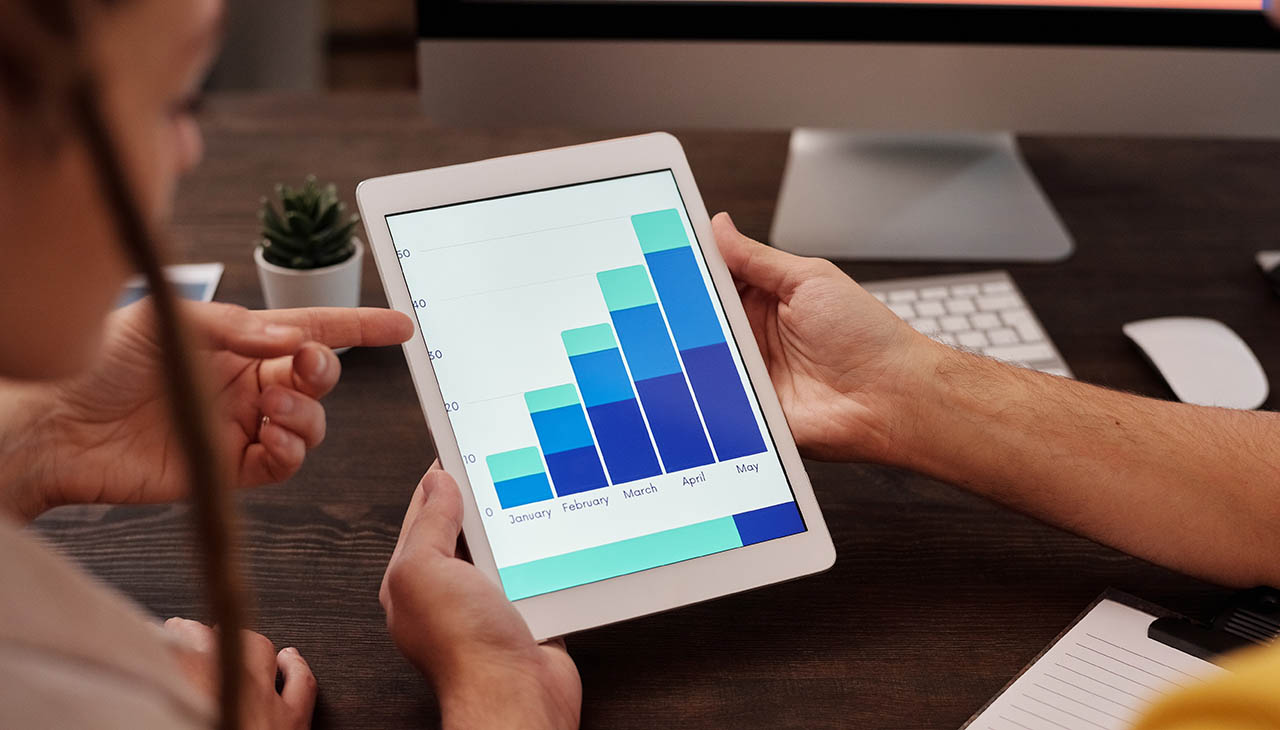There is a lot of confusion when it comes to Forex trades and taxes. Many people don’t understand how they are taxed or what the implications are. This can be a huge headache come tax time! In this article, we will answer some common questions about Forex trades and taxation. We will also provide some tips on how to reduce your tax liability. Let’s get started!
Forex Options and Futures Traders
If you are trading Forex options or futures, the IRS considers you to be a speculator. This means that your profits and losses are treated as capital gains and losses. Capital gains are taxed at a lower rate than ordinary income. However, if you have net capital losses, you can offset these against other capital gains. You can also carry forward unused losses to offset future gains.
Spot Forex Traders
If you are trading the spot Forex market, the IRS classifies you as a business owner and taxes your profits as business income. This is taxed at a higher rate than capital gains but it also offers some benefits. For example, business expenses such as education and travel can be deducted from your taxable income.
Forex Swaps and Rollovers
Forex swaps and rollovers are not considered to be taxable events. This means that you will not realize any gains or losses on these transactions. However, the interest earned or paid on these transactions is considered taxable income. This is something to keep in mind if you are holding a position overnight or for an extended period.
Forex Trading Taxes in the US
The United States has a fairly unique tax system when it comes to Forex trading. Unlike most other countries, the US does not tax Forex profits. However, they do require that you file a special form with your taxes called a T1135. This form is used to report foreign assets such as bank accounts, stocks, and bonds.
Tips for Reducing Your Tax Liability
Here are a few tips that can help you reduce your tax liability when trading Forex:
-Keep meticulous records of all your trades. This will help you if you are audited by the IRS.
-Take advantage of any tax breaks that may be available to you. For example, many countries offer special tax treatment for small businesses.
-Consider using a Forex broker that is located in a country with favorable tax laws. For example, brokers located in Cyprus are subject to much lower taxes than those based in other countries.
Now that we’ve answered some common questions about Forex trades and taxes, let’s take a look at some tips on how to reduce your tax liability.
If you have any questions about Forex trading taxes, be sure to speak with a tax professional. They can help you determine how your profits will be taxed and what forms need to be filed. Forex trading can be a great way to make money but it is important to understand the tax implications before getting started.



